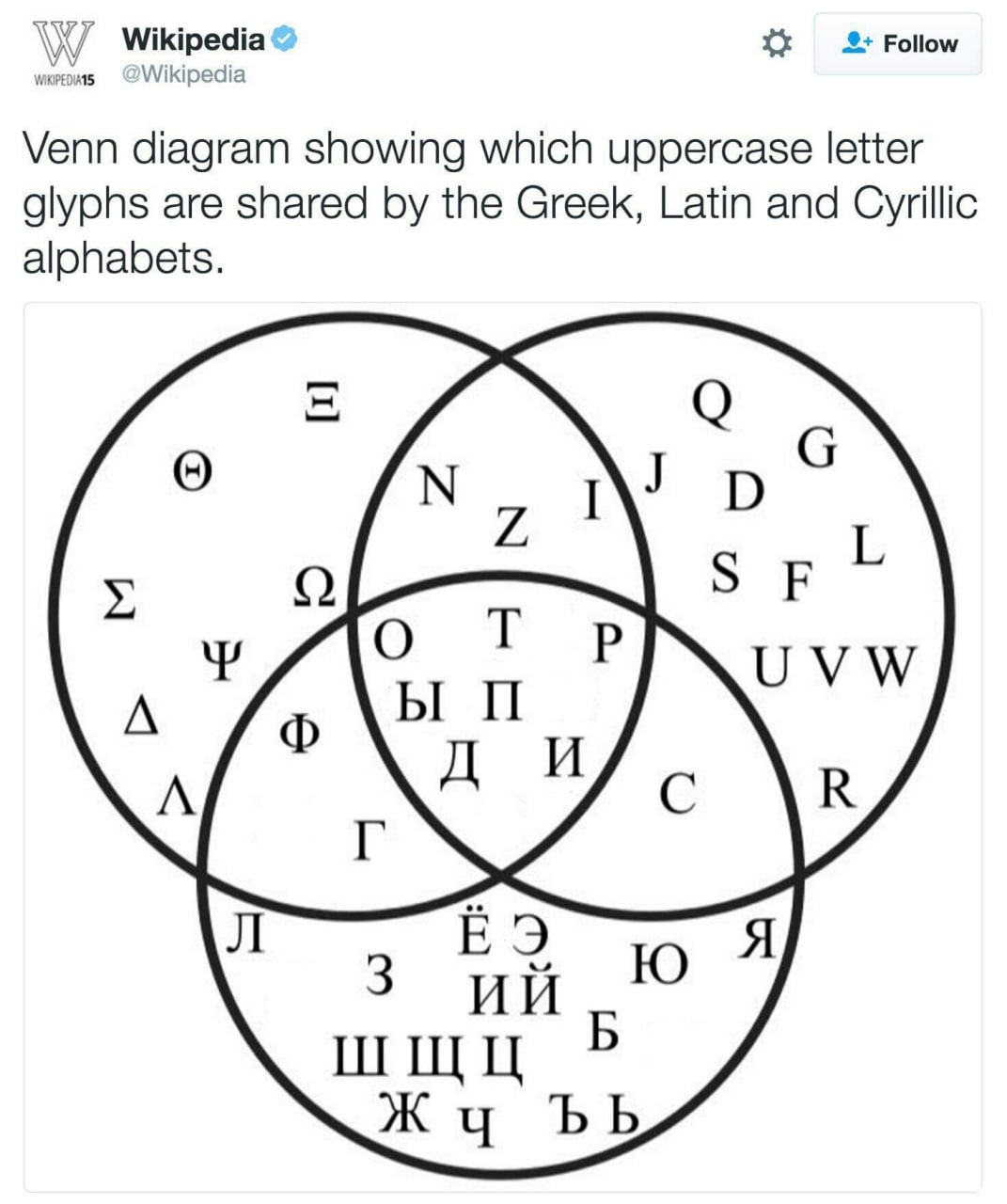P
Size: a a a

Rust/Verona LGBTTQQIAAPС++ Iran political tutorial dick measurement strikeforce
270 membersпожаловаться на группу
2021 March 10
Artem
ну хуй знает, в чем прикол?
rant
2021 March 11
AY
Чет подозрительная какая-то диаграмма, не находите?
C
Как перестать орать
DN
Чет подозрительная какая-то диаграмма, не находите?
Нисколько не подозрительная
P
Чет подозрительная какая-то диаграмма, не находите?
))0)
P
Re: Why asynchronous Rust doesn't work
This post is completely and totally wrong. At least you got to ruin my day, I hope that's a consolation prize for you.
There is NO meaningful connection between the completion vs polling futures model and the epoll vs io-uring IO models. comex's comments regarding this fact are mostly accurate. The polling model that Rust chose is the only approach that has been able to achieve single allocation state machines in Rust. It was 100% the right choice.
After designing async/await, I went on to investigate io-uring and how it would be integrated into Rust's system. I have a whole blog series about it on my website: https://without.boats/tags/io-uring/. I assure you, the problems it present are not related to Rust's polling model AT ALL. They arise from the limits of Rust's borrow system to describe dynamic loans across the syscall boundary (i.e. that it cannot describe this). A completion model would not have made it possible to pass a lifetime-bound reference into the kernel and guarantee no aliasing. But all of them have fine solutions building on work that already exists.
Pin is not a hack any more than Box is. It is the only way to fit the desired ownership expression into the language that already exists, squaring these requirements with other desireable primitives we had already committed to shared ownership pointers, mem::swap, etc. It is simply FUD - frankly, a lie - to say that it will block "noalias," following that link shows Niko and Ralf having a fruitful discussion about how to incorporate self-referential types into our aliasing model. We were aware of this wrinkle before we stabilized Pin, I had conversations with Ralf about it, its just that now that we want to support self-referential types in some cases, we need to do more work to incorporate it into our memory model. None of this is unusual.
And none of this was rushed. Ignoring the long prehistory, a period of 3 and a half years stands between the development of futures 0.1 and the async/await release. The feature went through a grueling public design process that burned out everyone involved, including me. It's not finished yet, but we have an MVP that, contrary to this blog post, does work just fine, in production, at a great many companies you care about. Moreover, getting a usable async/await MVP was absolutely essential to getting Rust the escape velocity to survive the ejection from Mozilla - every other funder of the Rust Foundation finds async/await core to their adoption of Rust, as does every company that is now employing teams to work on Rust.
Async/await was, both technically and strategically, as well executed as possible under the circumstances of Rust when I took on the project in December 2017. I have no regrets about how it turned out.
withoutboats2, 5 hours ago [1/2]
This post is completely and totally wrong. At least you got to ruin my day, I hope that's a consolation prize for you.
There is NO meaningful connection between the completion vs polling futures model and the epoll vs io-uring IO models. comex's comments regarding this fact are mostly accurate. The polling model that Rust chose is the only approach that has been able to achieve single allocation state machines in Rust. It was 100% the right choice.
After designing async/await, I went on to investigate io-uring and how it would be integrated into Rust's system. I have a whole blog series about it on my website: https://without.boats/tags/io-uring/. I assure you, the problems it present are not related to Rust's polling model AT ALL. They arise from the limits of Rust's borrow system to describe dynamic loans across the syscall boundary (i.e. that it cannot describe this). A completion model would not have made it possible to pass a lifetime-bound reference into the kernel and guarantee no aliasing. But all of them have fine solutions building on work that already exists.
Pin is not a hack any more than Box is. It is the only way to fit the desired ownership expression into the language that already exists, squaring these requirements with other desireable primitives we had already committed to shared ownership pointers, mem::swap, etc. It is simply FUD - frankly, a lie - to say that it will block "noalias," following that link shows Niko and Ralf having a fruitful discussion about how to incorporate self-referential types into our aliasing model. We were aware of this wrinkle before we stabilized Pin, I had conversations with Ralf about it, its just that now that we want to support self-referential types in some cases, we need to do more work to incorporate it into our memory model. None of this is unusual.
And none of this was rushed. Ignoring the long prehistory, a period of 3 and a half years stands between the development of futures 0.1 and the async/await release. The feature went through a grueling public design process that burned out everyone involved, including me. It's not finished yet, but we have an MVP that, contrary to this blog post, does work just fine, in production, at a great many companies you care about. Moreover, getting a usable async/await MVP was absolutely essential to getting Rust the escape velocity to survive the ejection from Mozilla - every other funder of the Rust Foundation finds async/await core to their adoption of Rust, as does every company that is now employing teams to work on Rust.
Async/await was, both technically and strategically, as well executed as possible under the circumstances of Rust when I took on the project in December 2017. I have no regrets about how it turned out.
withoutboats2, 5 hours ago [1/2]
(L
(((Mike Lubinets))) in Rust/Verona LGBTTQQIAAPС++ Iran political tutorial dick measurement strikeforce
Re: Why asynchronous Rust doesn't work
Everyone who reads Hacker News should understand that the content your consuming is usually from one of these kinds of people: a) dilettantes, who don't have a deep understanding of the technology; b) cranks, who have some axe to grind regarding the technology; c) evangelists, who are here to promote some other technology. The people who actually drive the technologies that shape our industry don't usually have the time and energy to post on these kinds of things, unless they get so angry about how their work is being discussed, as I am here.
withoutboats2, 5 hours ago [2/2]
Everyone who reads Hacker News should understand that the content your consuming is usually from one of these kinds of people: a) dilettantes, who don't have a deep understanding of the technology; b) cranks, who have some axe to grind regarding the technology; c) evangelists, who are here to promote some other technology. The people who actually drive the technologies that shape our industry don't usually have the time and energy to post on these kinds of things, unless they get so angry about how their work is being discussed, as I am here.
withoutboats2, 5 hours ago [2/2]
(L
(((Mike Lubinets))) in Rust/Verona LGBTTQQIAAPС++ Iran political tutorial dick measurement strikeforce
(поменял местами посты, хоупфулли Паша не против)
AD
Re: Why asynchronous Rust doesn't work
Everyone who reads Hacker News should understand that the content your consuming is usually from one of these kinds of people: a) dilettantes, who don't have a deep understanding of the technology; b) cranks, who have some axe to grind regarding the technology; c) evangelists, who are here to promote some other technology. The people who actually drive the technologies that shape our industry don't usually have the time and energy to post on these kinds of things, unless they get so angry about how their work is being discussed, as I am here.
withoutboats2, 5 hours ago [2/2]
Everyone who reads Hacker News should understand that the content your consuming is usually from one of these kinds of people: a) dilettantes, who don't have a deep understanding of the technology; b) cranks, who have some axe to grind regarding the technology; c) evangelists, who are here to promote some other technology. The people who actually drive the technologies that shape our industry don't usually have the time and energy to post on these kinds of things, unless they get so angry about how their work is being discussed, as I am here.
withoutboats2, 5 hours ago [2/2]
Статью не стоит читать короче?
p
14к сообщений с последнего раза что я читал, лол.
Панда ещё говнячит на пхп(кстати т9 меняет пхп на ахиах)?
Панда ещё говнячит на пхп(кстати т9 меняет пхп на ахиах)?
p
Марф умер или нашел себе пацанчика?
P
(поменял местами посты, хоупфулли Паша не против)
Ah, I see you're a man of rebase as well.






